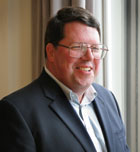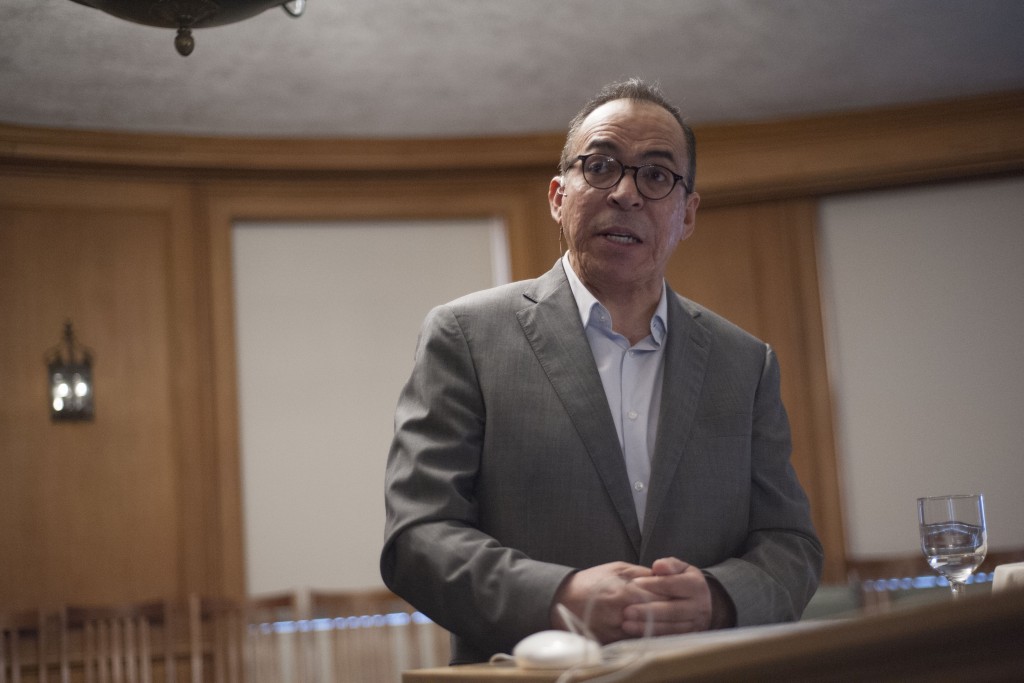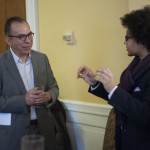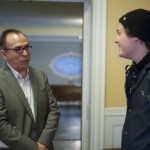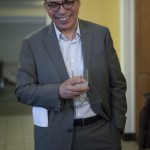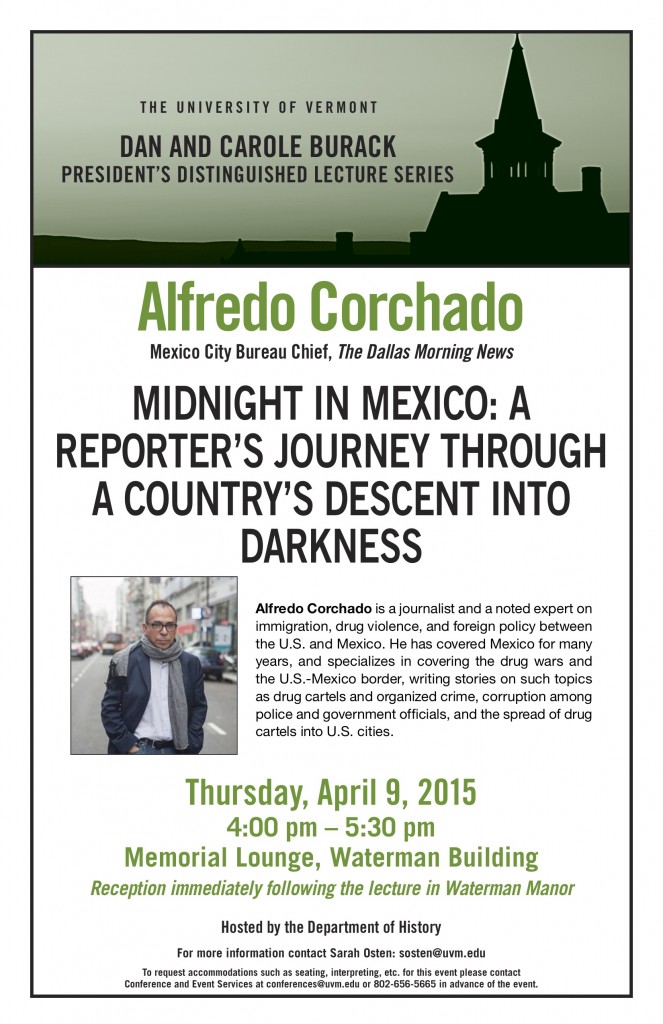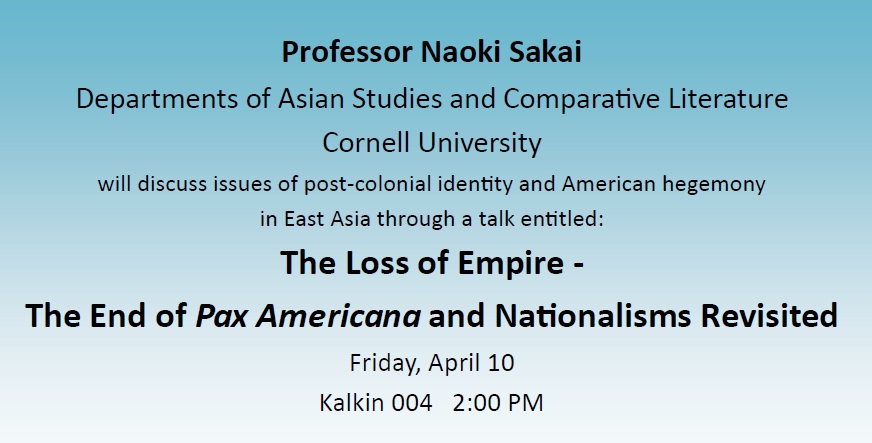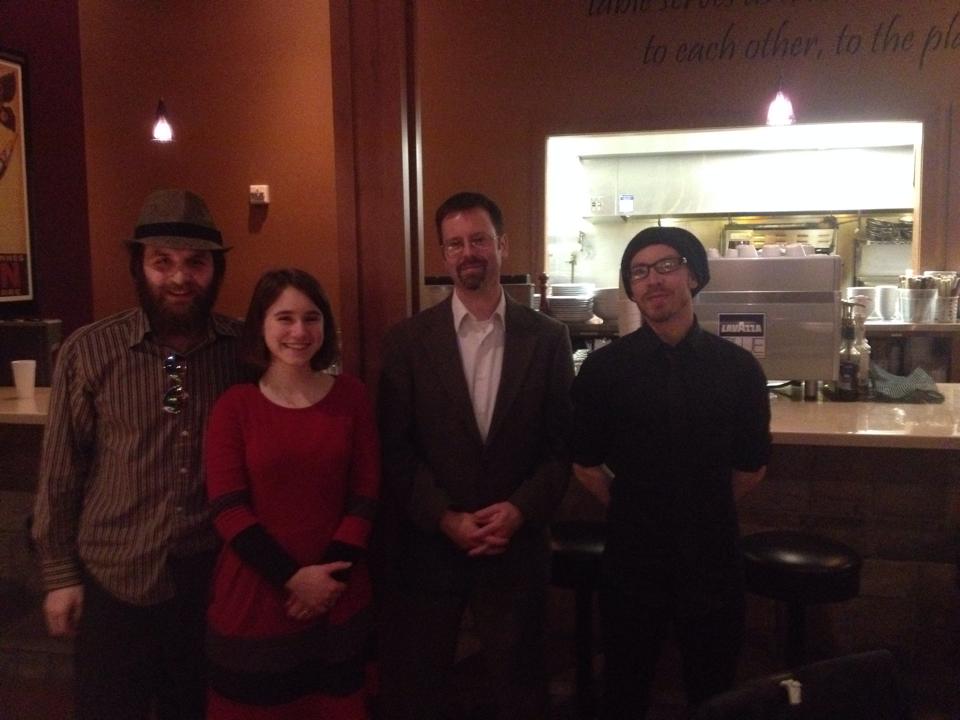Dear History Department Followers,
Welcome back to the 2015-2016 academic year. Things are off to a good start this fall and as we get back into the swing of things with our department blog, we wanted to give you an update on what some of our faculty were up to during the summer:
Professor Charlie Briggs traveled to Paris and England this summer to conduct research for a chapter he’s writing on “History at the Universities: Oxford, Cambridge and Paris” that will appear in a book on Historical Writing in Britain and Ireland, 500-1500. While in England he also participated in a conference session on the same theme at the International Medieval Congress in Leeds. He devoted the remainder of the summer to finishing work on A Companion to Giles of Rome, which he’s co-editing with a colleague at the University of Guelph, Ontario.
Professor Andy Buchanan spent three weeks in the UK, presenting a paper at an international conference on France in World War II at the University of Strathclyde in Glasgow and hiking in North Wales and the Lake District. Back home, he continued working on his book project on universal military service, began planning a textbook on the history of World War II from a global perspective, and enjoyed some long kayaking trips on Lake Champlain.
Professor Paul Deslandes took a summer off from his usual month-long research trips to London in order to work on writing his new book, The Culture of Male Beauty in Britain: From the First Photographs to David Beckham, raise a new puppy, and enjoy the pleasures of gardening.
Professor Erik Esselstrom spent most of the summer in Tokyo conducting research for his next book project, which is a cultural history of popular Japanese perceptions of Chinese society during the 1950s and 1960s. He also took some time off from the archives to travel to the Nagoya area where he visited Inuyama Castle, a designated national treasure in Japan dating from the 15th century.
Professor Felicia Kornbluh wrote two chapters of her book on the History of Welfare Reform and learned never again to go hiking (she broke a bone in VT and got altitude sickness in the Rockies!).
Professor Abby McGowan spent two weeks in Mumbai in June doing research on her current book project, Home Improvements: Housing and Home Reforms in Late Colonial Western India. Having survived those two weeks in dusty, non-air-conditioned archives during the worst of India’s heat and humidity, she then spent the rest of the summer writing back home in Burlington, with a renewed appreciation for the glories of Vermont weather.
Professor Frank Nicosia started the summer by giving a public lecture at Sciences Po in Paris, eating wonderful French, Vietnamese, Lebanese and Moroccan food in Paris for a week, after which he returned home to spend the rest of the summer in Vermont editing and annotating a collection of more than 200 German documents for publication in Germany.
Professor Nicole Phelps began her summer looking at scrapbooks made by nineteenth-century US Department of State personnel as part of her research on the US Consular Service and concluded it cheering on the performers at the world championships of drum corps.
Professors Susanna Schrafstetter and Alan Steinweis spent their summer in Germany doing research. They also traveled to a conference on the Holocaust in Moscow, Russia.
Professor Whitfield spent the summer completing his book, North to Bondage: Loyalist Slavery in the Maritimes, while also traveling along the beautiful coastline of Nova Scotia. He visited the lovely towns of Halifax, Lunenburg, and Chester and spent time with numerous friends and colleagues!
After five months in Paris last spring, working on his new book, a history of hygiene in France since the middle of the nineteenth century (still searching for a title: suggestions welcome), Professor Steve Zdatny spent a lovely summer in Vermont, passing his days in the Bailey-Howe library, thinking about dirty bodies and dirtier homes, and writing about them.”
Environmental historian Professor Frank Zelko visited Iceland over the summer, which offered stunning scenery, puffin colonies, and whale pods (and more controversially, whale meat on many menus). One of the educational highlights was a visit to the Sagnagardur, a natural history museum that provides a fascinating overview of the island’s volcanic geology and soil and vegetation history. Students in Zelko’s Global Environmental History class can expect a lecture on the topic later this semester.
During the upcoming year, we hope to provide regular features on our blog as well as guest posts and news about the department and the discipline at large.
Best wishes,
Paul Deslandes
Chair, Department of History
